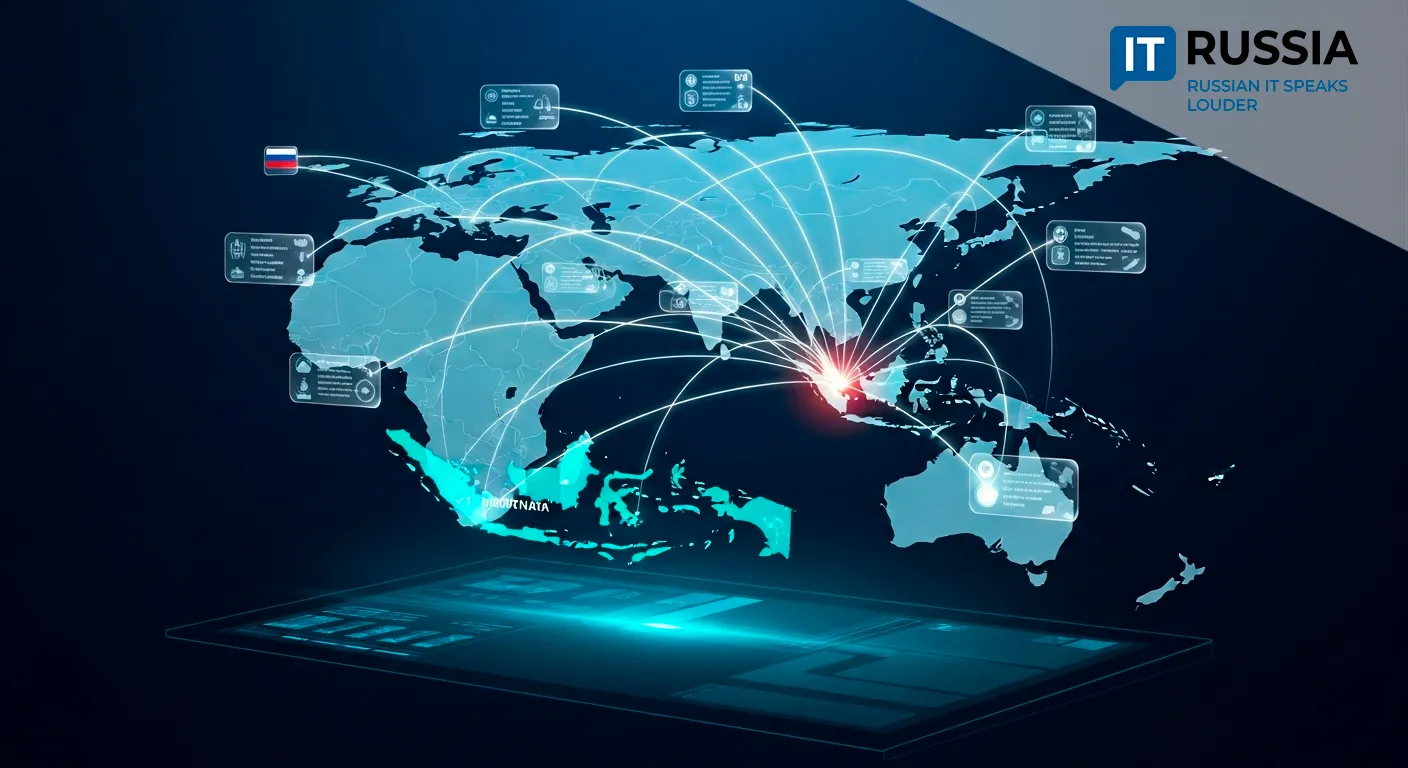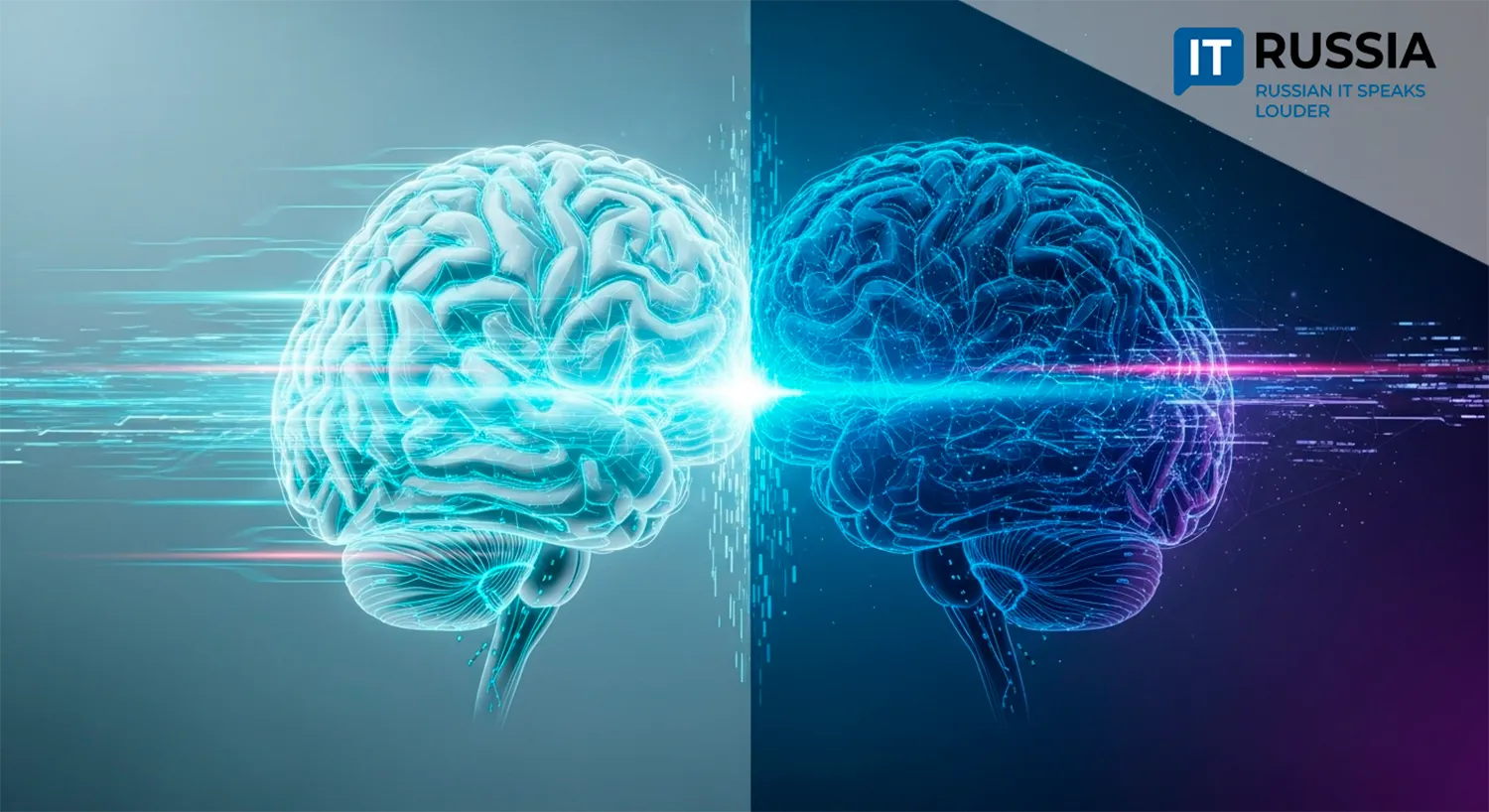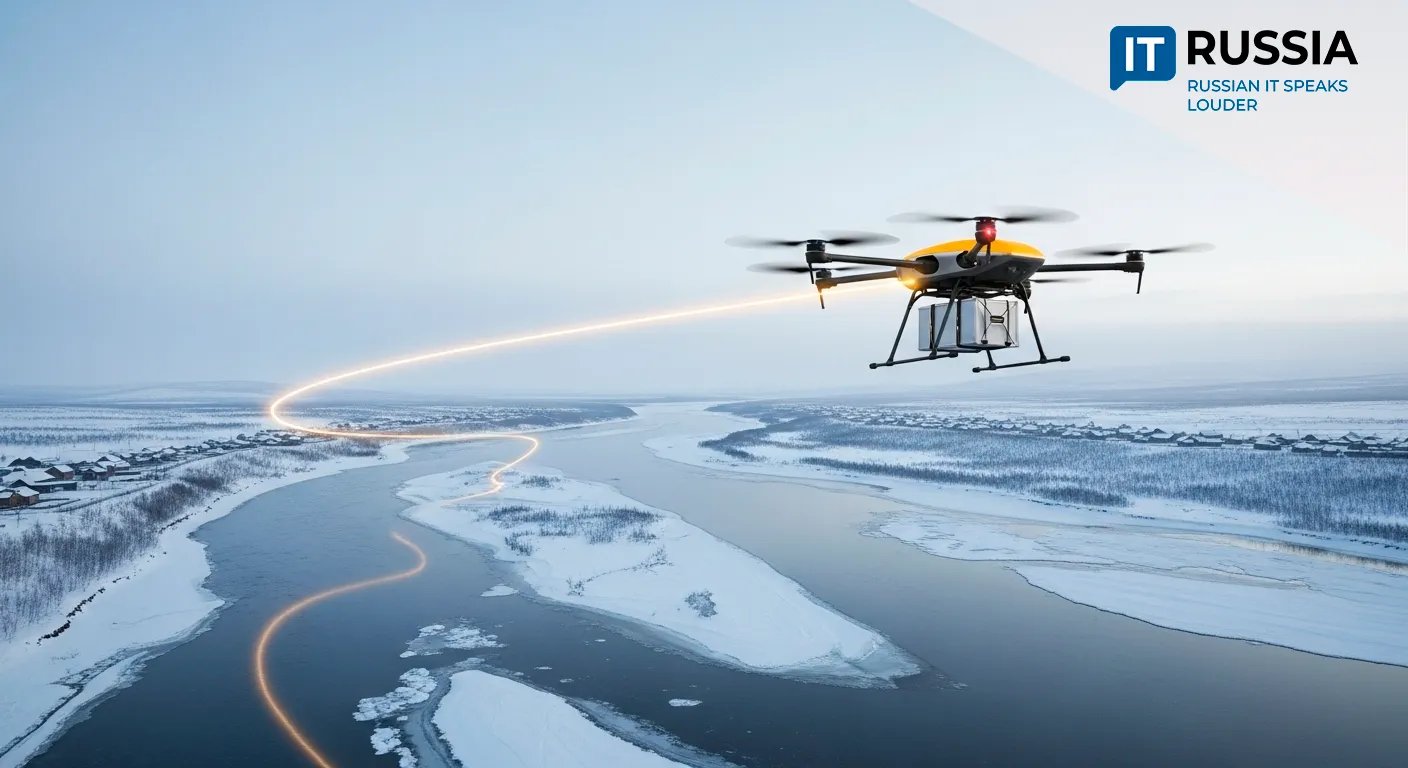First AI Office Opens in Kirov Region

A new regional AI office aims to digitize public services and provide around-the-clock support, helping Russia transition to platform-based government.
AI Office Will Optimize Public Administration
Kirov Region has become a pilot site for deploying artificial intelligence technologies at the regional level in Russia. A new project office for AI implementation has been established to analyze and optimize public service delivery processes. One of the core tasks assigned to the AI system is mapping and classifying the operations of government agencies and multifunctional centers (MFCs).
This innovation is expected to play a major role in improving the quality and efficiency of government services. Russia continues its course toward digital transformation in public administration, staying aligned with global trends.
By integrating AI into government services, citizen access will become faster and easier, and administrative barriers will be reduced. Additionally, support will be available 24/7 to resolve incoming inquiries. This approach mirrors global developments in countries like the U.S., the European Union, and China.

Transition to Paperless Operations
In the future, similar solutions could be introduced across all Russian regions under the national projects 'Digital Economy' and 'Data Economy and Digital Transformation of the State.'
These initiatives aim to build a fully platform-based model of public administration, eliminating paper workflows. AI will automate routine tasks such as processing requests, recording minutes, and managing correspondence.
Russian experience in deploying AI at the regional level may attract interest from international partners, particularly among CIS countries and other states following the path of digitalization.
However, several challenges still need to be addressed for the project to succeed. Clear project goals must be defined, technical solutions adapted, staff trained, and robust cybersecurity — including protection of users’ personal data — must be ensured.

National Strategy Implemented Through a Single Region
Russia has been gradually integrating AI into public governance for several years. The National AI Strategy, adopted in 2019, laid the legal and organizational groundwork for this transition.
Since 2021, AI’s role in governance has expanded: decision support systems were introduced, chatbots became widespread, and incoming correspondence was automated.
In 2023, a new large-scale national project, 'Data Economy and Digital Transformation of the State,' was launched with a budget of over 1 trillion rubles. It signaled the transition of public authorities to a paperless model. However, research conducted in 2024 revealed that despite broad digitalization, the overall efficiency of the sector remained relatively low — underscoring the need for a systemic approach.
Now in 2025, Kirov Region becomes the location of the first AI office. The initiative will pursue comprehensive analysis and optimization of workflows, with collaboration between MFCs and healthcare institutions.

The Future Lies in Integration
Deploying AI in Russia’s regions is part of a broader federal initiative. The primary objective is to improve the efficiency, transparency, and quality of public services.
If the project in Kirov Region proves successful, similar offices may be launched in other regions as well. Regional-level innovations are expected to play a vital role in Russia’s overall digital ecosystem.
AI-based solutions may also be integrated into future export-oriented projects aimed at CIS countries and the EU. To achieve this, however, the regulatory framework must be strengthened — particularly in areas related to cybersecurity and the protection of personal data, as required by regulations like the EU AI Act.










































